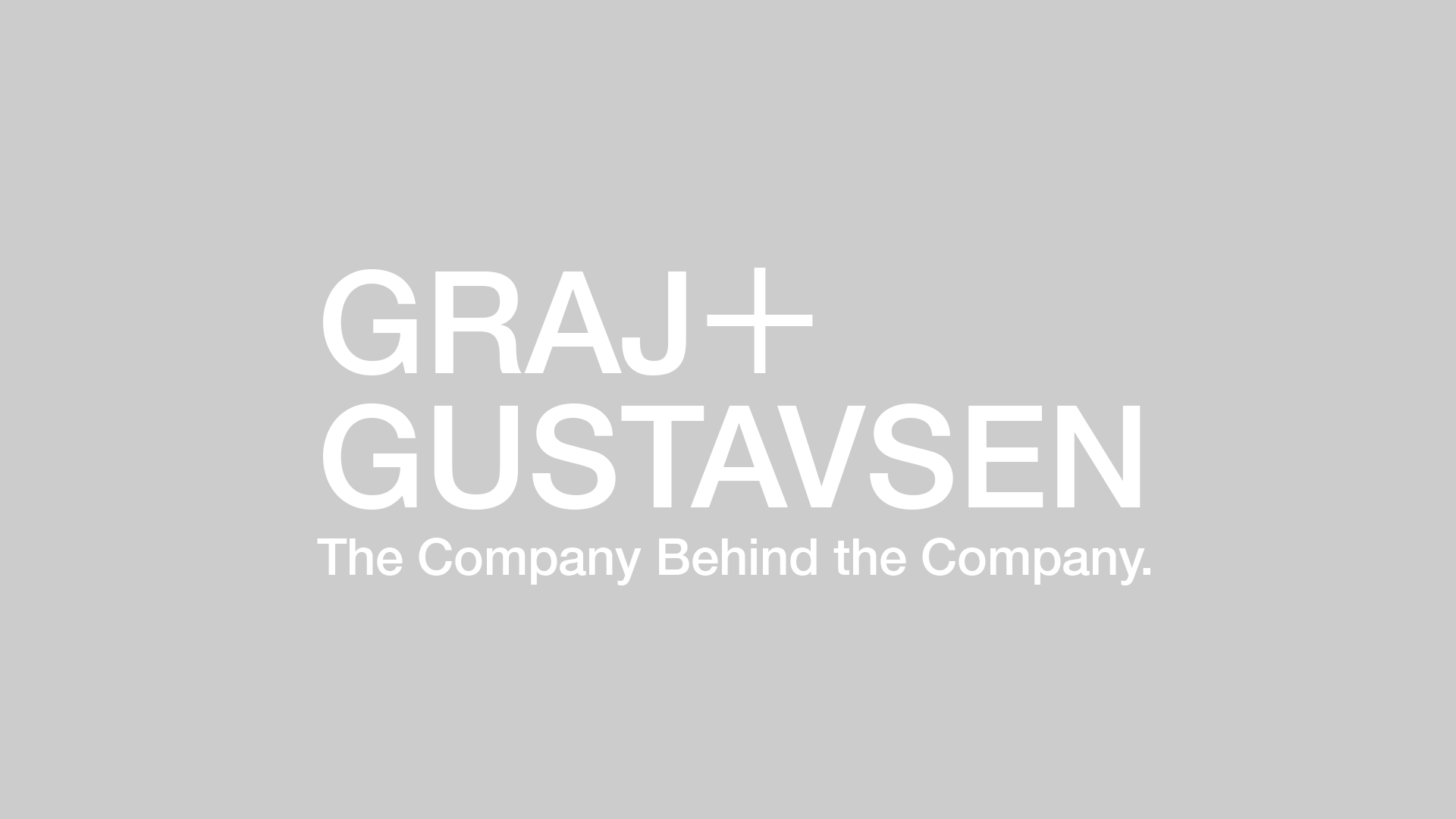Living in NOW has its own very exacting economics.
Focus is imperative to getting it right. You have to discriminate between what is important and what is not. This criterion is essential for small businesses wanting to connect with a changing marketplace and a capital pool that has badly evaporated.
The NOW world is percolating with opportunity; but, without focus, you will vanish in it like a pebble in a tar pit. Target only those areas where personal passion is matched by the ability to execute.
That brings us back to the quest for brand DNA in your business. If you analyze this well, you have a far-better grasp of the opportunity costs. Impose non-DNA-supported qualities on your offering, and you discredit yourself. Poring over the future in a greedy, quantitative way will drive you further afield from your business’s authentic skills and credibility.
Look at NOW as a test to be passed as much as an opportunity. Surrender the false assumptions and expectations you may have accumulated about your brand and your business. Indeed the spectrum of opportunity has never been richer. . . that is, if you’re strong. To become a strong player, you may have to shrink your business, if your brand DNA has already been badly diluted or compromised.
Those are some fundamental economics which businesses should consider as they approach the market.
What about the other side – the economics of how the consumer is approaching businesses?
In March, James Surowiecki presented a powerhouse article in the New Yorker. In it, he said: “Companies like Ikea, H. & M., and the makers of the Flip video camera” have an edge “not by selling products or services that are ‘far better’ than anyone else’s but by selling things that aren’t bad and cost a lot less. . . . they’re engaged in what Wired recently christened the ‘good-enough revolution.’ For them, the key to success isn’t excellence. It’s well-priced adequacy. . . . Brands matter less,” and he points to up-to-date Nielsen research finding “that more than sixty per cent of consumers think that stores’ generic products are equal in quality to brand-name ones.” Larger brands are becoming less successful, especially if they carry complex preconceptions from the past and if they harbor the illusion that they, not the consumer, will call the shots.
This new economic pragmatism is how the consumer intends to finance the “luxury” lifestyle of timesharing special experiences . . . by cutting back to “good enough” on category after category.
This is a time to examine the ribbon of your thinking and to get in touch with NOW – its speed, its dynamics and its economics.
And, if you don’t . . .
Well, that’s what becoming a part of history is all about.


